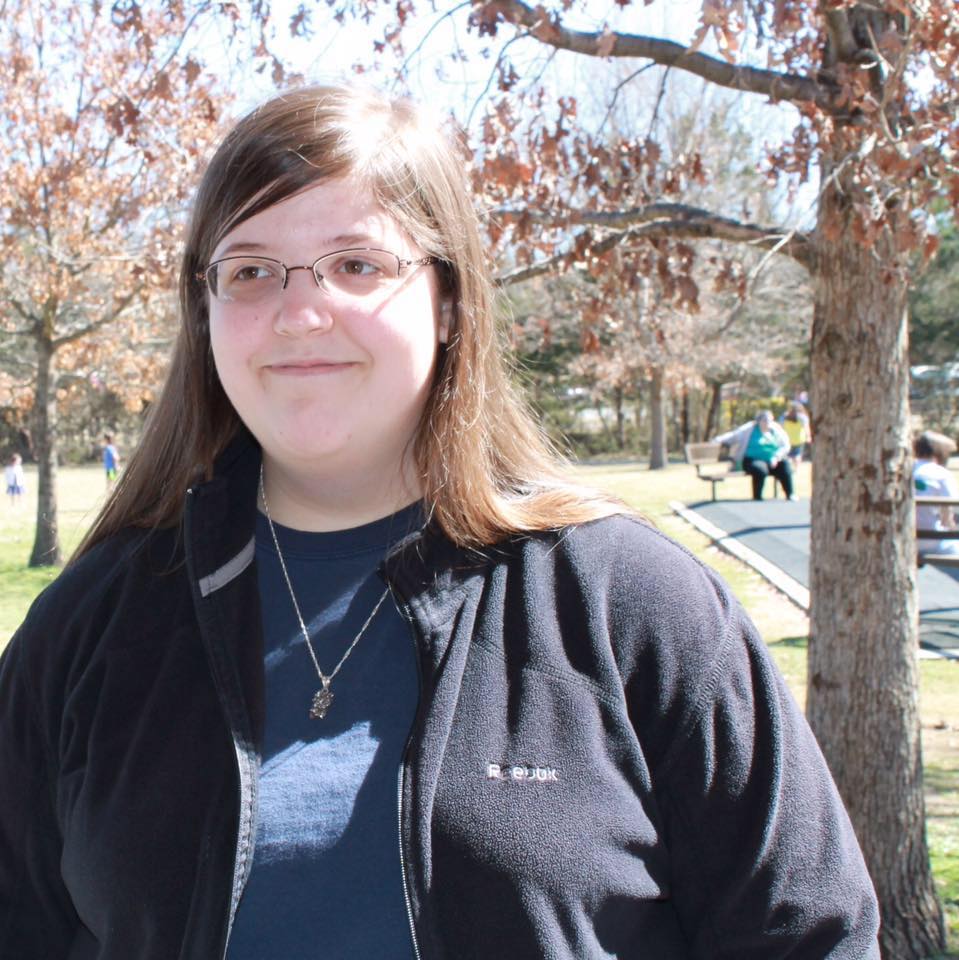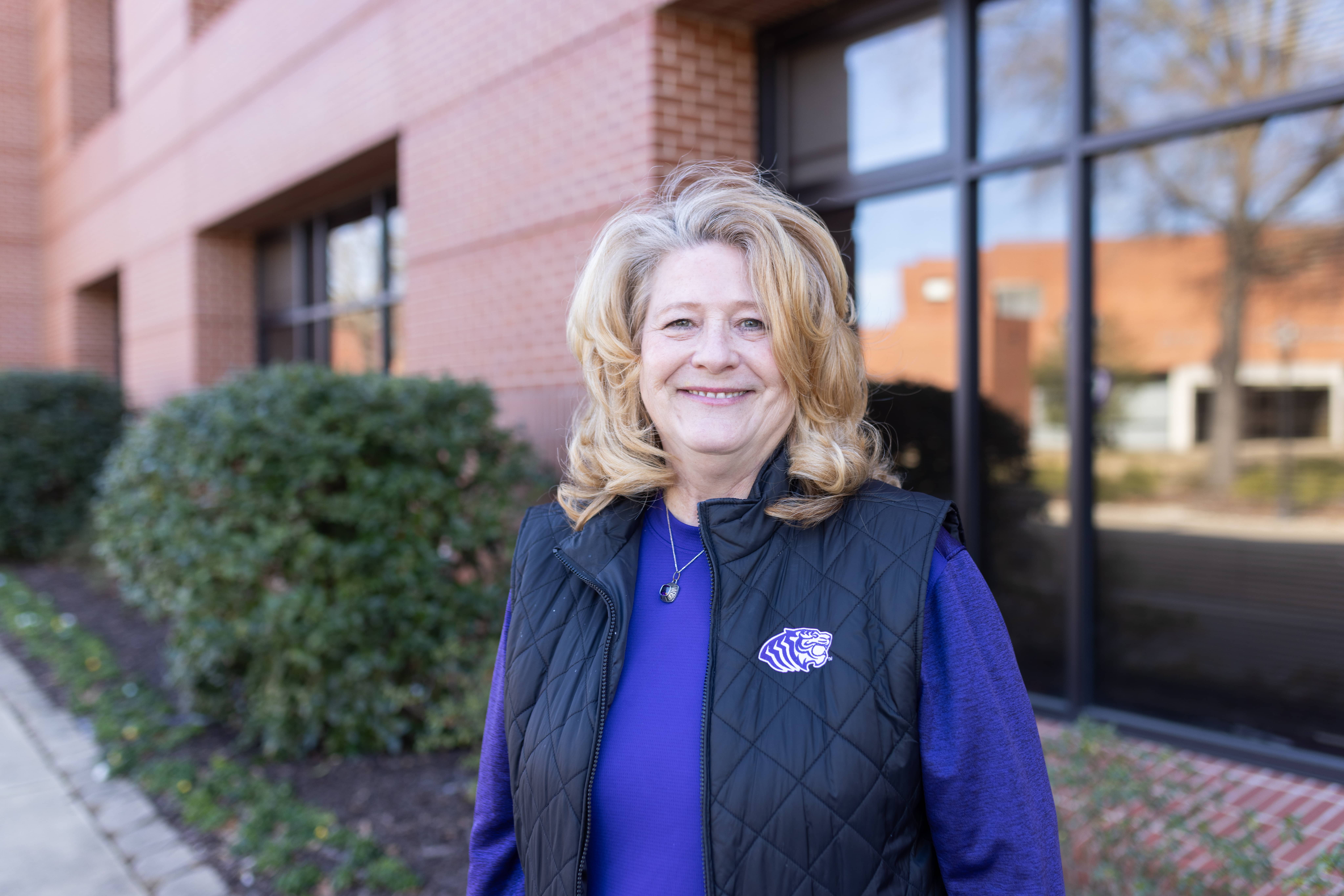I saw a joke once about the American Civil War. It was a piece of humor that relied as much on absurdity as wordplay; the image was that of soldiers on a battlefield, brutally murdering each other in the most polite possible fashion. “Old chap, would you mind terribly if I stabbed you with my bayonet? Ah, thank you very much!” It was a civil war.
The joke worked because that’s the image of civility that most people have. It’s that token politeness, the language of respect that goes entirely unaccompanied by meaningful action. Society is full of this: sirs, ma’ams, thank yous and politicians addressing each other with smiles while the hatred radiates from their eyes. This is something that has bothered me for a long time, especially over the last few years.
In high school I started following politics, and it did not take long for me to realize that civil discourse has become a rare and coveted phenomenon. Then, after I got to Ouachita, it did not take long for me to realize why most liberals do not attend conservative Baptist colleges. I learned very quickly that if I took it personally every time someone disagreed with me, I would hate nearly every person on campus before the year could pass. I learned that I didn’t have to open my mouth every time I felt the need, and I learned that I could voice my opinions with grace, dignity and empathy if I tried hard enough. It took several years and several tries, yes. There is more than one male on the OBU campus who sees me as the raging feminist stereotype, and I’m sure a few conservative acquaintances see me as the embodiment of everything wrong with this country. I’m learning, though. Learning is a hugely important part of life for any dedicated scholar, but it is incredibly difficult when the scholar refuses to listen to others. It was incredibly difficult for me to gain any new information when my first response to a differing viewpoint was, “Well, you’re wrong and stupid.”
I have found that everything goes back to listening attentively, thinking critically and then responding with real kindness. This is what civility is: treating other people with the real respect they deserve for being humans, no matter what. Sometimes this is hard; sometimes civility means using politically correct speech so that everyone present feels more comfortable, and sometimes that means forgiveness when beliefs are attacked. Often, though, it just means listening. Often, civility is merely the willingness to listen, compromise and work toward a solution. Civility is saying, “We are both humans with valid opinions, and even though we may never agree, at least we can understand each other better.” Civility is the knowledge that we don’t have to use bayonets anymore, at least not in our discourse. It’s the understanding that as long as we’re all civil, there’s no real need for war.
by Laura Ward, Second Place Winner of OBU “Civility” essay contest






